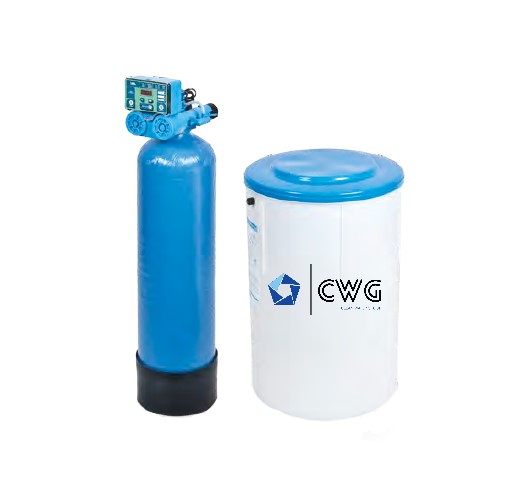WELL WATER
Well water is water that originates from underground sources, which is pumped from wells or wells. This type of water is often used for a variety of purposes including home consumption, agriculture, industry and other purposes.
The process of obtaining well water involves drilling a well or well deep into the ground until an underground layer of water, known as the aquifer layer, is reached.
This water comes from rainwater that is filtered through soil and rocks and accumulates in these underground layers. The quality of well water may vary depending on the geological characteristics of the region, the type of rocks and soil, and the presence of natural minerals or contaminants.
The benefits of using well water include independence from public water supply and the ability to use a local water source. However, as the quality of well water may vary, it is important to do testing to ensure that the water is safe to drink and appropriate for other uses.
To ensure the purity and safety of well water, filtration, disinfection and water treatment systems are often used. Filtration can remove suspended particles, sediments and impurities that may be contained in well water. Disinfection is important to eliminate microorganisms and bacteria that may be present in the water. Water treatment may also include processes such as softening to remove water hardness or adjust the chemical composition of water for specific purposes.
Well water can face various problems that can affect its quality and suitability for various purposes.
Some of the most common problems in well water include:
- Water hardness: High concentrations of minerals such as calcium and magnesium can cause water hardness. Hard water can cause the accumulation of mineral deposits in pipes, appliances and devices, reducing their efficiency and durability.
- Turbidity: Well water may contain suspended particles, mud or sediments that make it cloudy. Turbid water can reduce the aesthetic appeal of water and requires filtration or treatment to become clear.
- Bacteria and microorganisms: Well water can be contaminated with bacteria, viruses and other microorganisms that pose a health risk. Disinfection or chlorination of water is key to the elimination of these microorganisms.
- Arsenic: In some regions, well water may contain high levels of arsenic, which is a serious health threat. Regular water testing is important to identify dangerous arsenic concentrations.
- Iron and manganese: Well water can contain high levels of iron and manganese, which can cause an unpleasant taste, smell and discoloration of water.
- Salts and contaminants: Salts, nitrates, pesticides and other chemicals can be found in well water as a result of soil leaching or industrial contamination.
- pH value: Sometimes well water may differ in its pH value, which can affect its quality and the possibility of useful use.
- Corrosion: The acidity of water or the presence of corrosive substances can cause corrosion of metal pipes and equipment, which can result in the release of toxic metals into the water.
Well water maintenance and regular testing are key to early detection and resolution of these issues to ensure clean and safe water for all purposes.
For filtration of well water, different filtration technologies are used, depending on specific problems and needs.
WELL WATER SOLUTIONS





The choice of the appropriate filtration technology depends on specific problems with well water, water treatment goals and financial capabilities.
